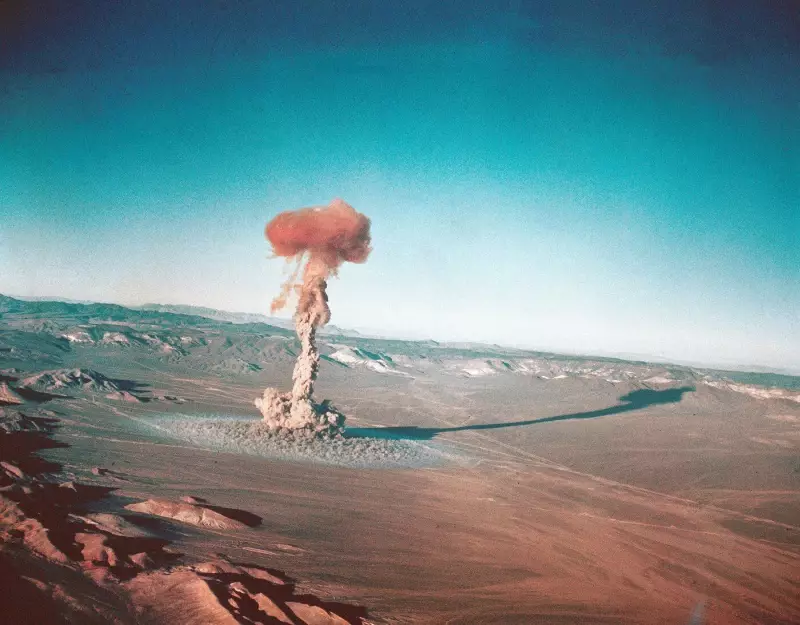
In a development that has alarmed arms control experts worldwide, former President Donald Trump has suggested he might resume nuclear weapons testing if returned to power, potentially upending three decades of consistent U.S. policy against such demonstrations.
A Dramatic Policy Reversal
The United States hasn't conducted a live nuclear test since 1992, maintaining what experts describe as a "de facto moratorium" that has become a cornerstone of global non-proliferation efforts. Trump's comments represent a radical departure from this long-standing position embraced by both Democratic and Republican administrations.
The Global Reaction
International response has been swift and concerned. The potential resumption of testing could trigger a new arms race, encouraging other nuclear powers to follow suit and undermining the Comprehensive Test Ban Treaty - an agreement the U.S. has signed but never ratified.
"This would be catastrophic for global security," warned one non-proliferation expert. "It would essentially tear up decades of diplomatic work and send us back to the dangerous days of nuclear one-upmanship."
What Trump Actually Said
While specific details of Trump's private comments remain undisclosed, sources indicate he expressed interest in demonstrating U.S. nuclear capabilities through testing. This approach contrasts sharply with current U.S. reliance on subcritical tests and computer simulations to maintain weapons reliability.
The Scientific and Environmental Concerns
Beyond political implications, renewed testing raises serious environmental questions. Historical test sites like the Nevada desert still bear the scars of previous explosions, with lingering radiation concerns affecting nearby communities.
- Potential environmental contamination
- Health risks to nearby populations
- Setback for global non-proliferation efforts
- Possible triggering of new arms race
The Broader Implications
This potential policy shift comes amid growing global tensions with nuclear-armed nations including Russia, China, and North Korea. Experts fear that renewed U.S. testing could provide justification for other countries to expand their own nuclear programs.
The timing is particularly sensitive given ongoing conflicts in Ukraine and the Middle East, where nuclear rhetoric has already heightened global anxieties about potential escalation.
As the world watches the U.S. political landscape, the future of nuclear non-proliferation hangs in the balance, with Trump's comments threatening to rewrite the rules of global security that have governed international relations for generations.





